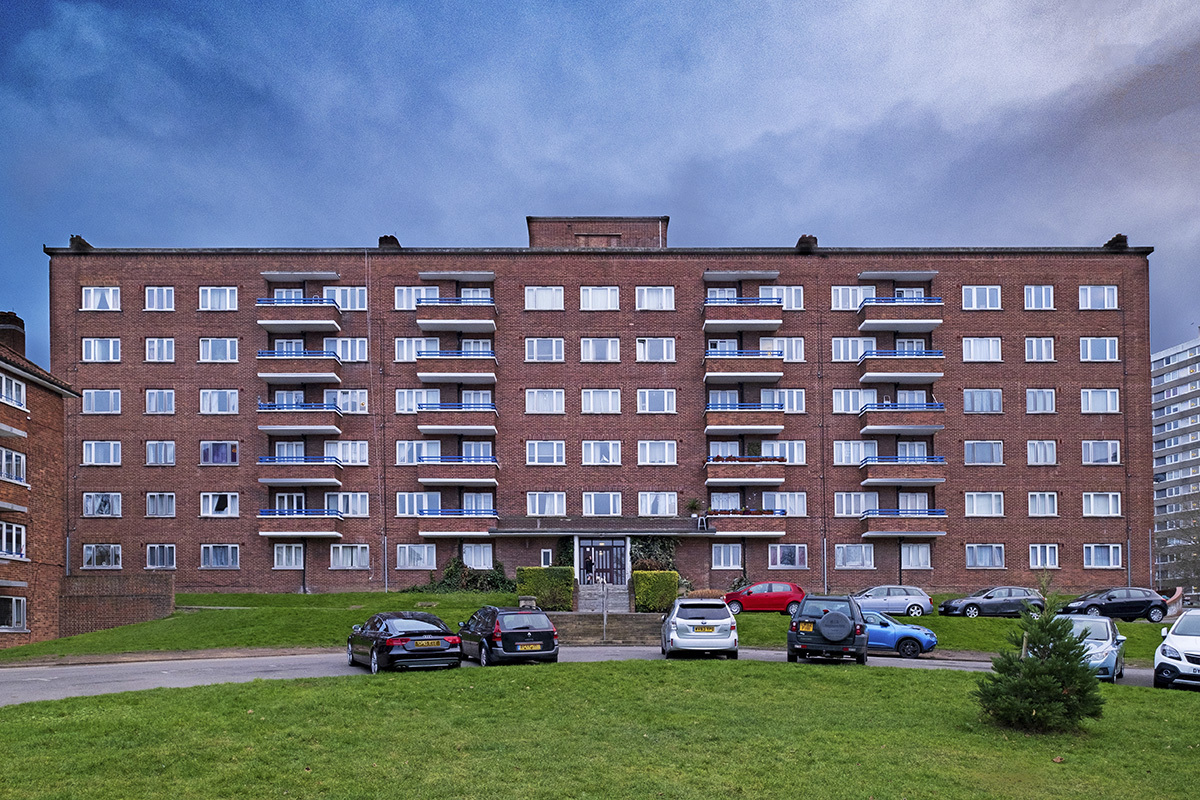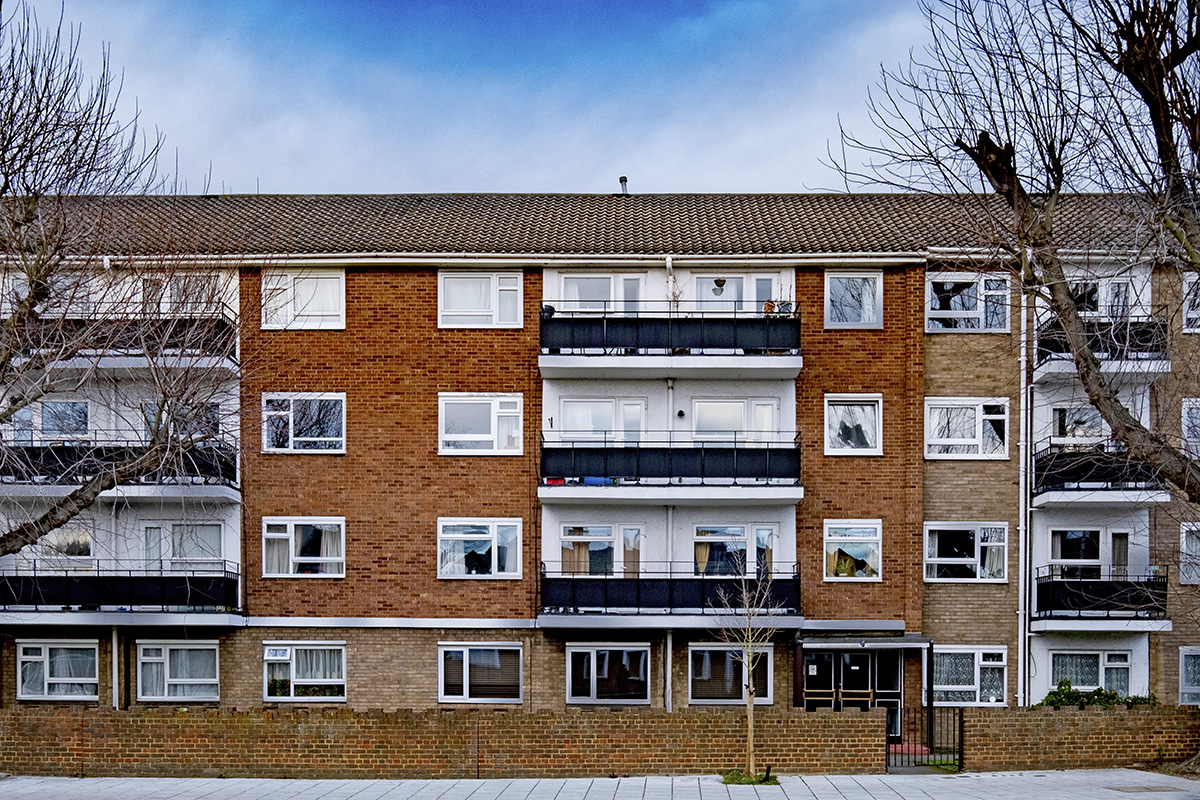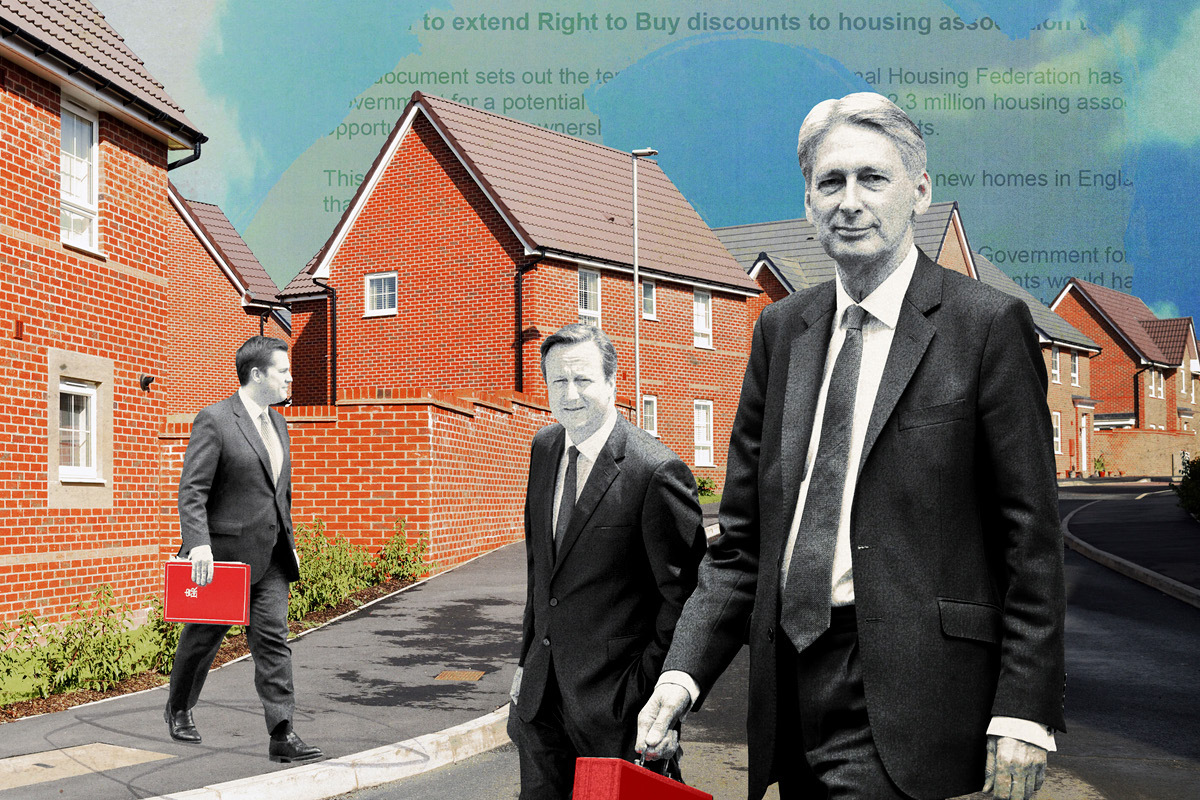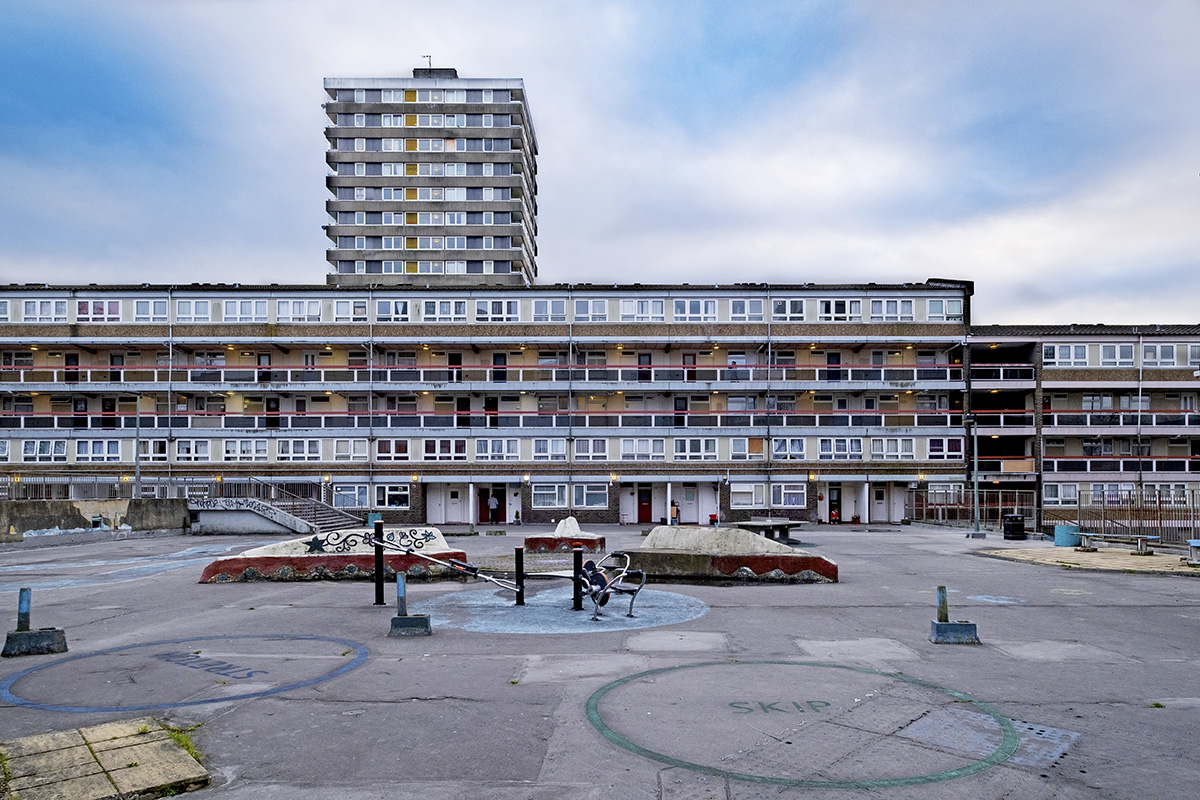You are viewing 1 of your 1 free articles
Councils to keep all RTB receipts for two years after government intervention, say reports
Councils have welcomed reports that the government will allow them to keep 100% of funds from Right to Buy (RTB) sales for two years, in an effort to boost housebuilding.
A letter was sent to council bosses on Friday by a Department for Levelling Up, Housing and Communities (DLUHC) official, on behalf of housing secretary Michael Gove, informing them of the change.
This was reported by the Local Government Chronicle, but the letter has not been made public and Inside Housing has been unable to obtain a copy.
However, councils have since welcomed the news.
The Local Government Association (LGA) said it is “incredibly pleased” to the see the move, which it had long been lobbying for.
Local authorities will be able to keep all RTB receipts from sales in 2022-23 and 2023-24 and will have five years to spend the money, the letter reportedly said.
“Local authorities should should not wait to begin using their retained receipts and can immediately being incorporating this additional funding into their build plans,” the letter said, according to the Local Government Chronicle.
The move means councils will get an extra £366m, leading to thousands of more homes being built, The Sun reported.
Prior to last month’s Budget, the LGA renewed its long-standing plea for councils to be able to retain 100% of sales receipts from RTB sales. It said it would avoid a “a loss of desperately-needed social housing stock”.
Figures flagged by the LGA suggested that 57,000 more social homes would be lost by 2023 because of the controversial policy.
Under RTB, council tenants are offered a discount to purchase their homes. The size of the discounts were increased in 2012 under a relaunch of the scheme to a maximum of £87,200 across England and £116,200 in London. The average discount in 2021-22 was nearly £68,000.
RTB discounts are increasing by a further 10.1% this month, in line with September’s inflation figure.
The LGA had warned this will make it even harder for councils to deliver replacements, due to a lack of money from RTB sales.
The DLUHC letter also reportedly stated that a cap on councils’ acquisitions of replacement homes will be held.
Under the cap, local authorities are only allowed to deliver half of replacement RTB homes through acquisitions.
However, the current cap is likely to remain in place for the next two years, knocking back an expectation it would be tightened to 30% or 40% for the 2023-24 financial year.
An LGA spokesperson said: “We are incredibly pleased to see these changes to the RTB scheme, something we have long called for as the previous rules, alongside the significant discounts to tenants, have meant that councils have struggled to replace social homes on a one-for-one basis.
“With long waiting lists for social housing and the private sector becoming more and more unfeasible for some households, ensuring that councils have the funding to replace any homes sold through RTB quickly is crucial, and this announcement should go far in supporting this.”
The group said the change on collecting 100% of receipts must be made permanent and local authorities should be able to set discounts locally.
“The additional money that councils will now be able to keep will make it easier to replace homes sold and support an end to the prioritisation of one household’s home ownership over another’s access to secure, safe, social housing,” the spokesperson added.
London Councils, the body which represents the capital’s 32 boroughs and the City of London, also welcomed the plans.
Darren Rodwell, executive member for regeneration, housing and planning at London Councils, said: “These new flexibilities will provide a shot in the arm for boroughs’ housing ambitions. We’ve long called for an end to all restrictions on how boroughs can use Right to Buy sales receipts. It is crucial that every penny raised from council house sales is available locally for replacing those homes.”
A DLUHC spokesperson said: “As part of our mission to level up, we are committed to building more social homes.
“We want councils to be able to keep more of the money generated from Right to Buy sales to invest in new social homes for local people and will set out further detail in due course.”
Inside Housing research previously revealed that around 40% of council flats sold under RTB are now being rented out privately at much higher rates.
Last month, Inside Housing also found that the Greater London Authority is in discussions with the government to change the conditions attached to its RTB ringfence grant programme.
Sign up for our daily newsletter
Already have an account? Click here to manage your newsletters




